Kola Tubosun’s review of “Genesis“—Tope Folarin’s shortlisted story—is currently the subject of a heated debate on social media.
Tubosun’s review is part of our #CainePrize2016 Blog-a-thon. For the last two weeks, we have been posting reviews of the stories shortlisted for the Caine Prize for African Writing. You can read all the reviews here. The reviewers are all well-known critics in the African literary community. Tubosun is a linguist and has written extensively about the contemporary African literary scene.
His review focused on the story’s supposed autobiographical nature. Comparing “Genesis” with “Miracle,” the story that won Folarin the 2013 Caine Prize, Tubosun points out that Folarin tends to draw heavily from his life when he writes stories. He then asks whether or not stories that are not fully fictionally should qualify for the Caine Prize.
To return to how the writer defines his style, it is fair to say that both “Genesis” and “Miracle” were non-fiction autobiographical stories from the start. And there’s nothing wrong with that (although the author should have been less evasive when asked).
…
Here, again, is where I return to the problem of approaching the story as fiction where everything points to a true portrayal of a challenging, yet triumphant, personal story. Where do we place deserving credit? With the author’s power of recall or at the foot of his successful utilization of literary gifts in conflating true reality with fictive verisimilitude? [read more]
We first got a hint of the tension created by the review when Tubosun posted this on Facebook:
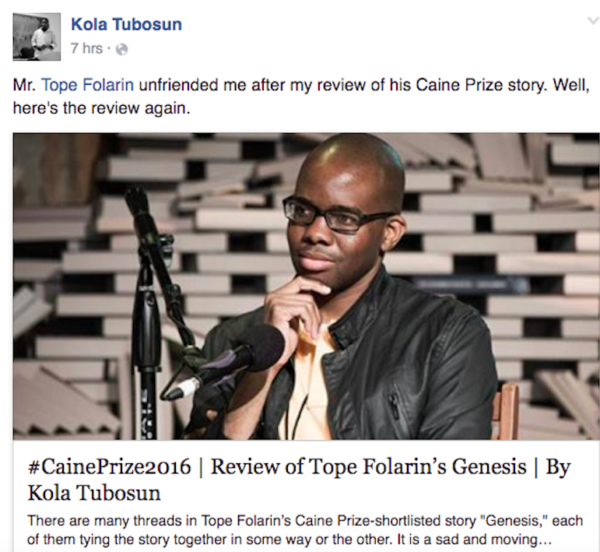
But things had been heating up since the day the review was published when Folarin’s wife, Stephanie Folarin, suggested that Tubosun’s criticism is a repetition of what happened in 2013.
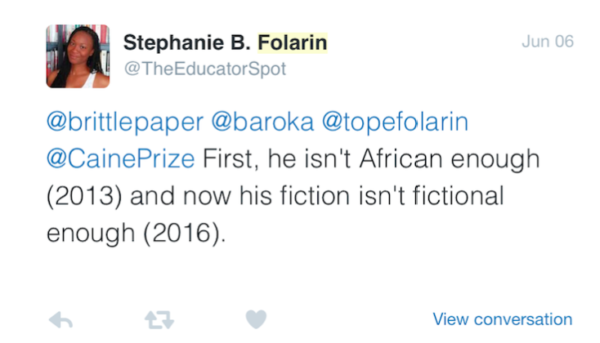
Mrs. Folarin is here referring to the controversy around Folarin’s nationality. Fast-forward three years, Folarin is shortlisted for the Caine Prize a second time and finds himself, yet again, in the middle of a literary fray. This time the question has to do with the biographical nature of his story.
The controversy this time is centered around two factions—readers who insist that Kola Tubosun is justified in focusing on the autobiographical elements of the story. For this group, Folarin’s essay is too non-fictional to qualify for a fiction prize. The other group of readers think that Tubosun is way out of line for questioning the fictionality of the story. For these readers, Tubosun is a literary critic not an “investigative journalist.” He has no business poking around to see whether a story matches the author’s life or not.
Here is a snippet of debate as it took place on Facebook and Twitter.

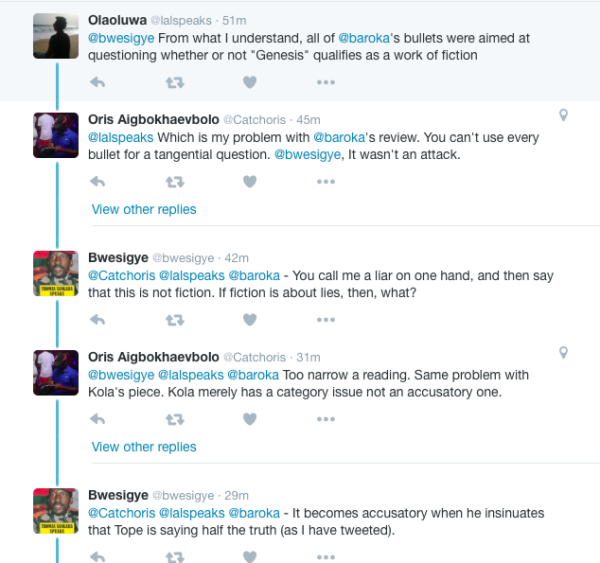
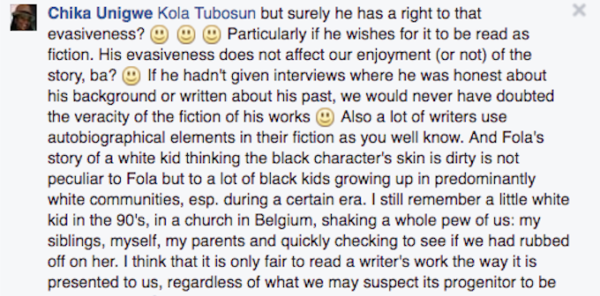
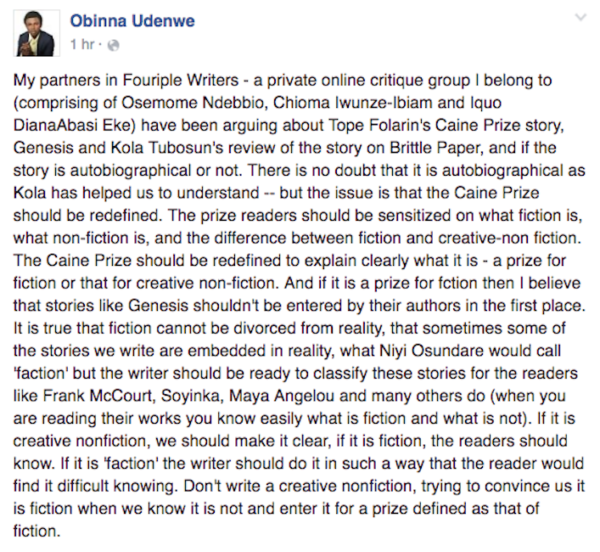
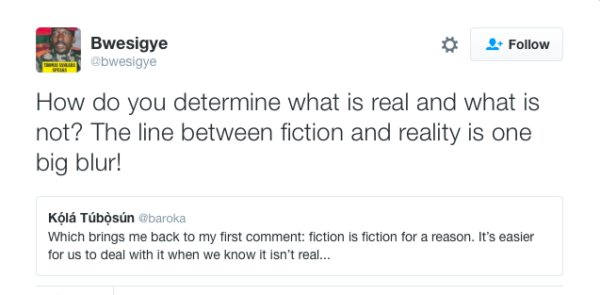 We would like to point out that this is an important debate. It has allowed those involved to talk about the contemporary practice of African storytelling, about the role of the literary critic, and about how we define what counts as fiction.
We would like to point out that this is an important debate. It has allowed those involved to talk about the contemporary practice of African storytelling, about the role of the literary critic, and about how we define what counts as fiction.
Let’s keep the conversation going. Tell us what you think of the debate!


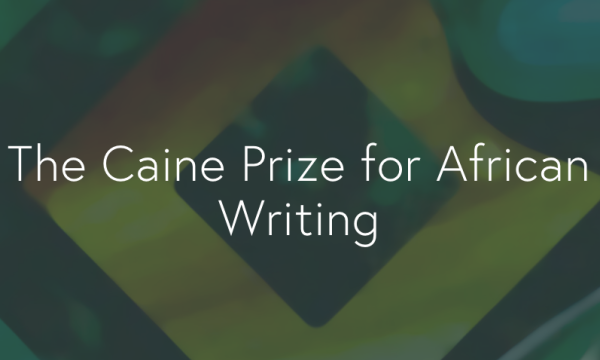




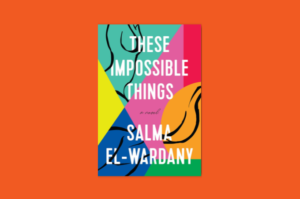


The Decline of the Caine Prize: How the Kingmaker Lost the Plot March 09, 2018 09:43
[…] who had won in 2013 returned to the shortlist with two controversies: 1) he was a former winner; 2) was his story nonfiction passed off as fiction just because of 10,000 pounds? A few writers wrote some pieces complaining about the 2016 shortlist. One of the circulated ones […]